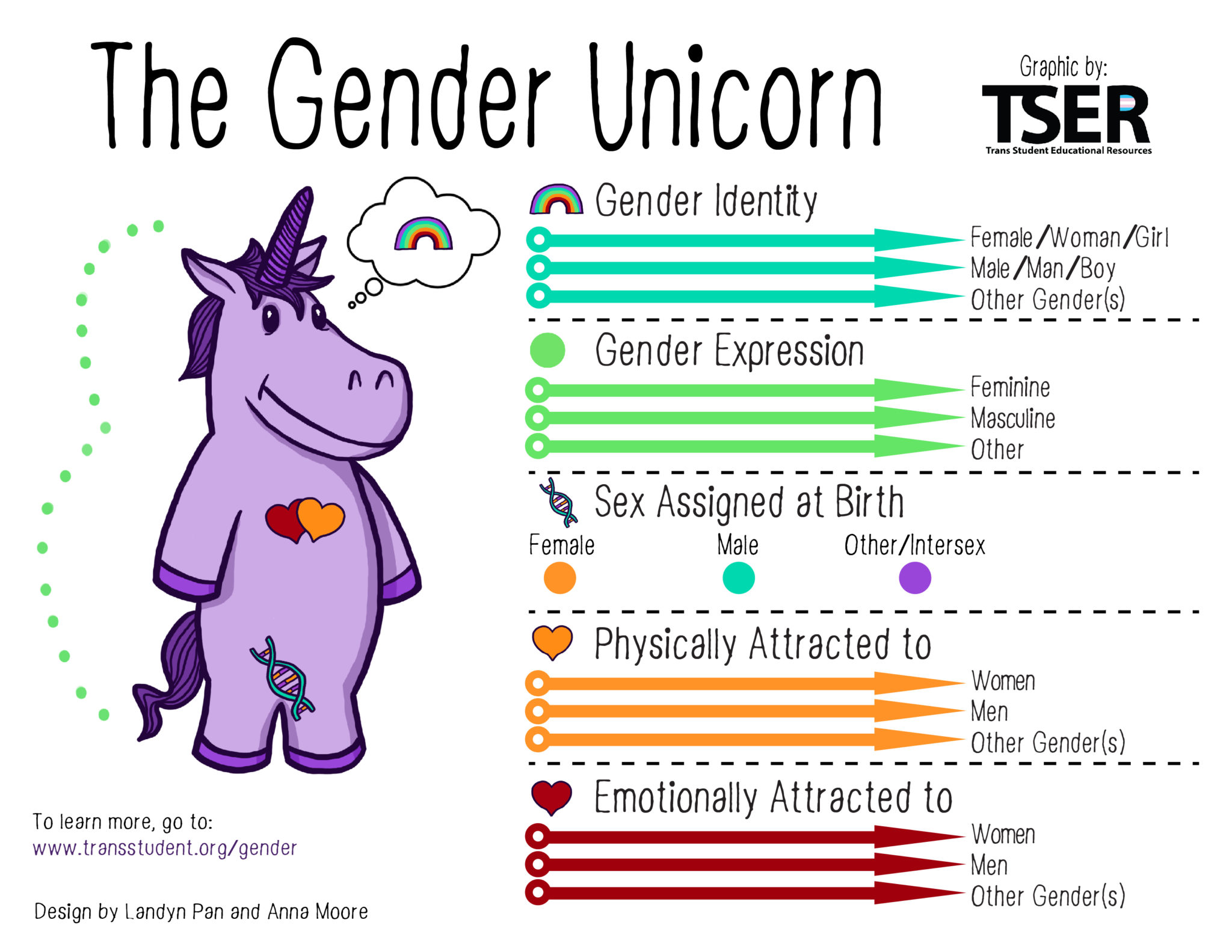Have you ever read something so absurd, so off-the-rails bizarre, that you had to double-check whether it was satire?
Well, welcome to the first episode of the Citation Needed Podcast, where Colin Wright and Brad Polumbo do us all the public service of diving headfirst into the bizarre fringes of modern academia. Their pilot episode focuses on a real, peer-reviewed academic paper—published by a major journal, no less—about a queer feminist cyber-wedding between humans and brine shrimp.
No, I’m not making that up. And yes, it’s every bit as surreal as it sounds.
The Paper That Launched a Thousand Facepalms
The paper is titled “Loving the Brine Shrimp: Exploring Queer Feminist Blue Post-Humanities to Reimagine America’s Dead Sea.” Try saying that five times fast. Or once, honestly. It’s the kind of academic Mad Lib that only makes sense in the postmodern humanities world, where ideological signaling has completely replaced intellectual clarity.
Colin calls it “a surrealist love letter to brine shrimp,” which is both hilarious and disturbingly accurate. The author, Ewelina Jarosz (self-described “hydrosexual cyber nymph”—also not satire), writes from within a framework of “blue post-humanities.” If that phrase doesn’t mean anything to you, don’t worry: it was likely invented by the author herself and seems to center on the erotic potential of water.
Yes, really.
What Is This Even About?
As Brad and Colin explain, the paper supposedly critiques ecological damage done to Utah’s Great Salt Lake. But rather than laying out a clear ecological argument, it veers into performance art, eco-sexual activism, and bizarre theoretical jargon.
The central claim? Brine shrimp symbolize queer resilience. Water is a “non-binary, transitional, life-giving substance.” And by marrying shrimp and bathing in the lake, participants in this “cyber wedding” are resisting “settler colonial science” and capitalist commodification.
How is this considered science? That’s the million-dollar question—and the heart of what the podcast is trying to expose.
From Method to Madness
One of the most damning critiques Colin offers is how these papers completely abandon the rigorous structure of scientific research. No hypotheses. No data. No results. Just jargon, performance, and subjective “lived experience.”
This isn’t science. It’s ideological storytelling masquerading as research.
And it’s not harmless. When prestigious journals like Journal of Agriculture and Environmental Ethics—owned by publishing giant Springer Nature—give this stuff a platform, it dilutes the credibility of every legitimate paper they publish.
Why This Matters
We’re living in an age where we’re told to “trust the science.” But when “science” includes cyber weddings to shrimp and eco-sexual manifestos, that trust becomes increasingly fragile. If you want the public to believe in the legitimacy of scientific research, you can’t keep publishing ideological fan-fiction in academic journals.
This paper isn’t just laughable. It’s symptomatic of a broader rot in academia, where political signaling trumps coherence, and where the pretense of progressivism serves as a shield against critique.
The Takeaway
So no, you’re not crazy if you think this is nuts. It is. And thankfully, Colin Wright and Brad Polumbo are calling it out with equal parts humor and clarity.
Their podcast doesn’t just entertain—it shines a much-needed spotlight on how far some corners of academia have drifted from reality. And if we want to restore intellectual seriousness and public trust in research, exposing this madness is the first step.
[Citation needed podcast]
Check it out for yourself.
+++
Stay Human

